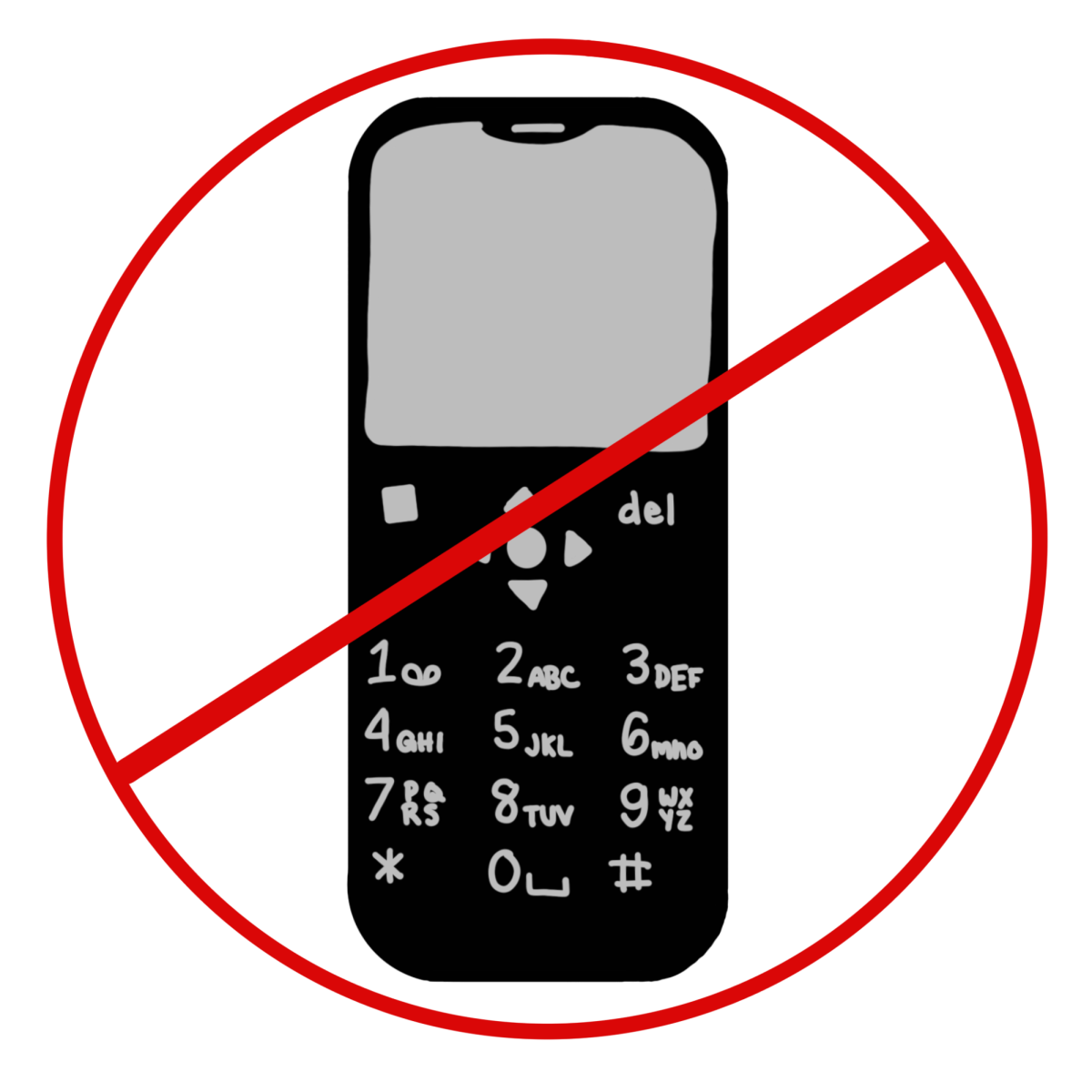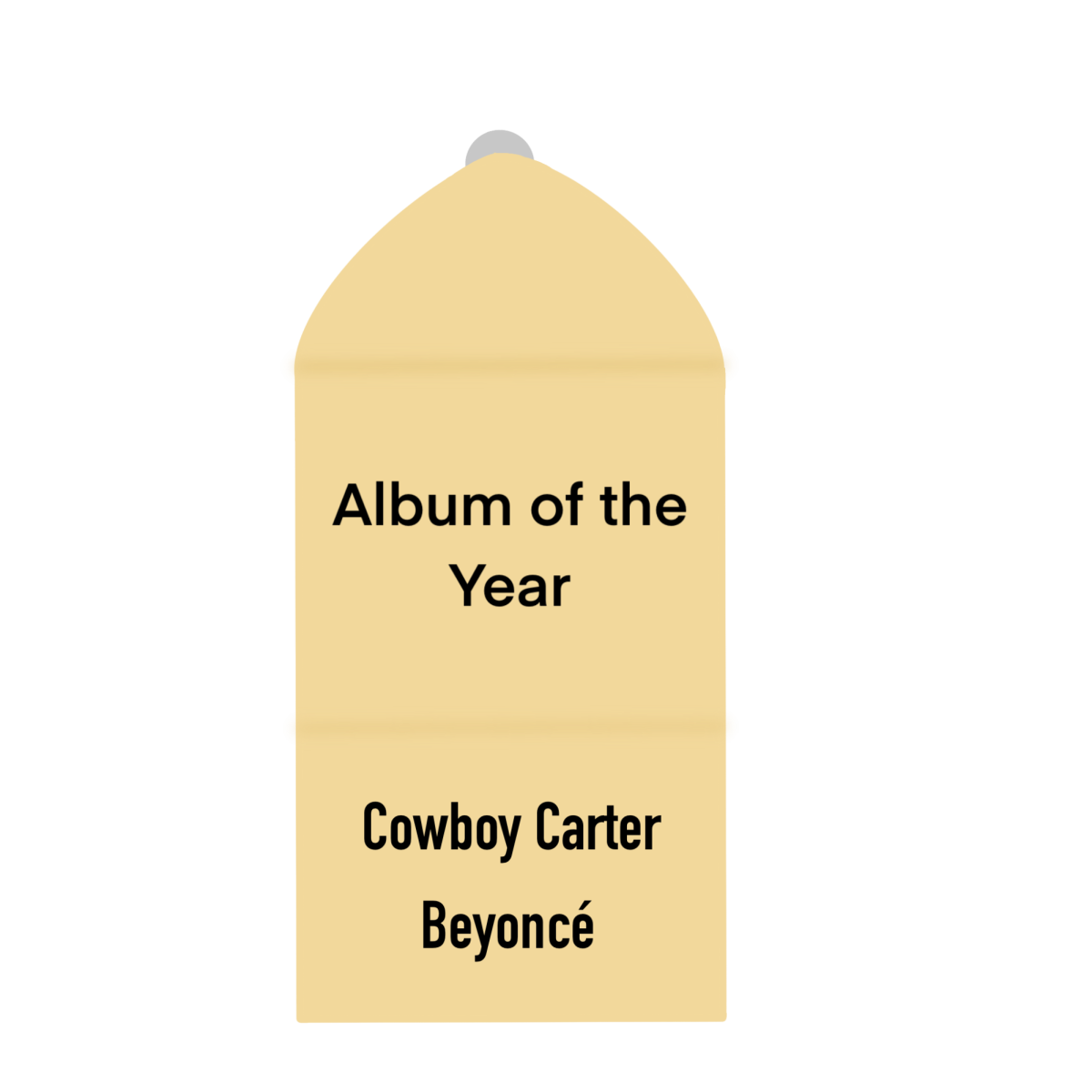Now more than ever, technology is readily available and most students have multiple forms of it.
Phones are in the hands of every student. You can see them walking the halls with earbuds in or headphones on. Teachers have begun to get tired of seeing students distracted by phones. Does this mean that phones should be banned?
Phones can be a useful tool in the classroom. They can be a form of communication, a way to do research, a nice brain break, and many other things.
Another way I use my phone in the classroom is by communicating with others. As a journalist, I have to be in contact with a lot of people all at once. My phone allows me to do so as it is a way to communicate with just a click of a button. This can also be useful during a school project or to get a hold of a teacher or coach.
Most things have been moved online since the recent pandemic. Due to this, phones can be a way that assignments can be accessed as an alternative to a computer.
My favorite way to use my phone during class is to listen to music. I am doing so as I write this, actually. It is something that helps me focus and also helps many others.
Likewise, I also get on my phone as a reward to myself at the end of the class or once I have finished all of my work. It can be a motivating factor to complete all of my work in a decent amount of time instead of procrastinating, which I do often. As well, I also will use it as a brain break when I can no longer think. Being a senior, I have a lot of harder classes and lots of work to do and sometimes I can feel overloaded and my brain just needs a break. A fun game on my phone can help to provide that.
Now, one may argue that this can also all be done on a computer. However, I will also then argue that a computer can be just as much of a distraction as a phone can. Phones are easier for most kids to access and use, though, so all of these benefits are more beneficial from a phone.
So no, I do not think that phones should be banned from schools as they can be a beneficial tool to the kids’ learning.











